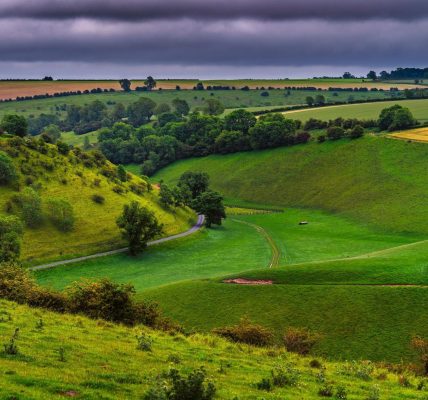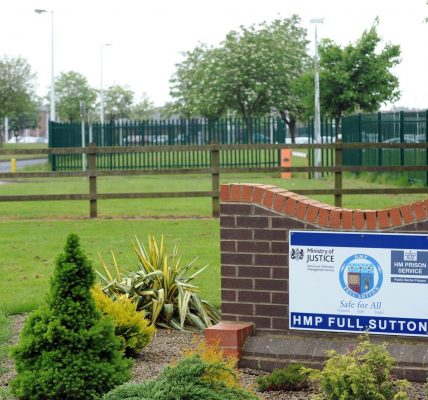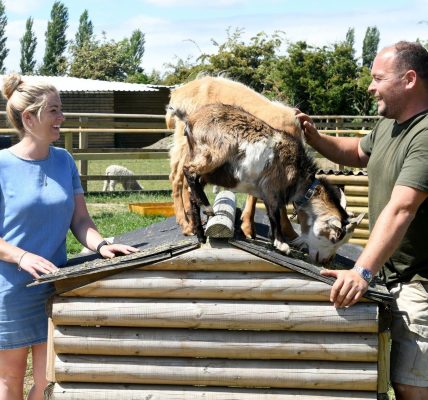Innovative new pilot scheme using US based dairy cooperative farms and forestry by-products could help climate change
Innovative new pilot scheme using US based dairy cooperative farms and forestry by-products could help climate change
A US-based dairy co-operative is testing an innovative new way to capture carbon in farm soils.
Arla Foods is part of a consortium which has won Government funding to trail a new project using biochar, a charcoal-like substance made by burning organic material from agricultural and forestry wastes – biomass – in a controlled process called pyrolysis.
The project, led by sustainability consultancy Sofies, is made up of a group of industrial, agricultural and research partners who will test the feasibility of using biochar commercially in agriculture, looking to create the first integrated biochar network.
Having been selected for Phase One of the Government’s Direct Air Capture and Greenhouse Gas Removal Technologies programme, the consortium will look at creating the first integrated biochar network.
It is hoped this will be achieved through BSW Group, one of the largest forestry and sawmilling businesses in the UK and Arla’s 2,400 farmer owners.
Using sawmilling byproducts, BSW can create biochar which can then be used on Arla farms either by mixing it with slurry before it is applied to fields or through bedding systems.
Both these options will be assessed as part of the project.
Alice Swift, director of agriculture at Arla Foods, said: “As we have learnt through our Arla farm innovation programme, new technologies must be trialled by farmers to establish them as practical and affordable solutions. Financial support for farmers to do this is essential.
“We’re delighted that the potential use of biochar to capture carbon has been recognised by the Government and our consortium includes farmers, scientists, economists and multiple industries all working together.
“This integrated approach to climate solutions will play an essential part in scaling up future working practice that drive circular economies and remove carbon and other greenhouse gases at scale.”
The project will test the feasibility of using biochar commercially in agriculture which, the consortium said, if achieved, could result in “significant amounts” of carbon being removed from the atmosphere and stored in farm soils, whilst also supporting good soil health.
Arla owner and farmer David McMiken said most of the farmers in the co-operative were already measuring their carbon footprint and were open to new ways of improving carbon capture.
“Game-changing innovations such as biochar will be welcomed by farmers providing they are affordable to work with,” he said.
“Personally, I welcome this approach from the Government which could have significant impact in bridging the gap between the potential of new technologies and the economic realities of farming.”
Gavin Adkins, MD of Tilhill forestry management, which is part of the BSW Group, said they were “particularly excited” to be part of the project as it rounds off a “completely circular offering”.
“We often work alongside farmers to plant trees on their land and manage those woodlands to sequester carbon, and once those trees have reached maturity and been harvested we can now use the co-products – in this case the wood chip – to add carbon back to the land in the form of biochar.
“This is an important first step and one we already hope can be replicated on a larger scale.”










